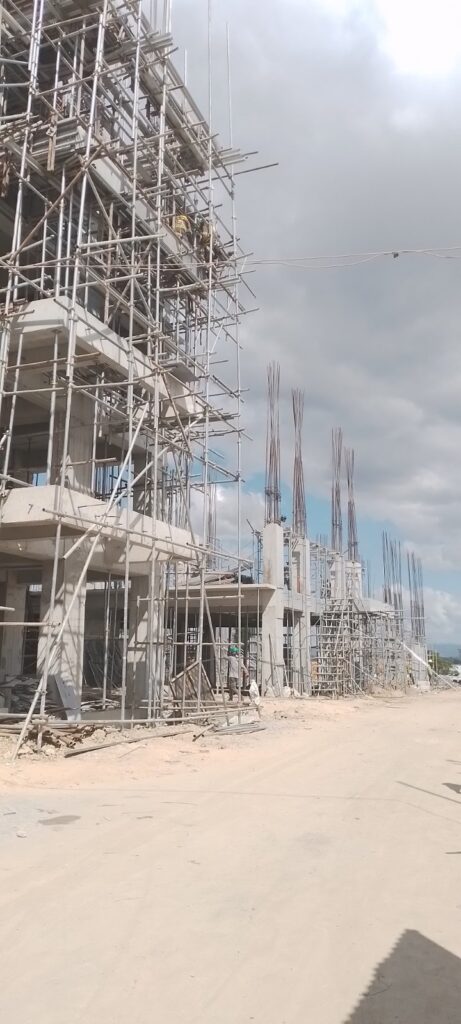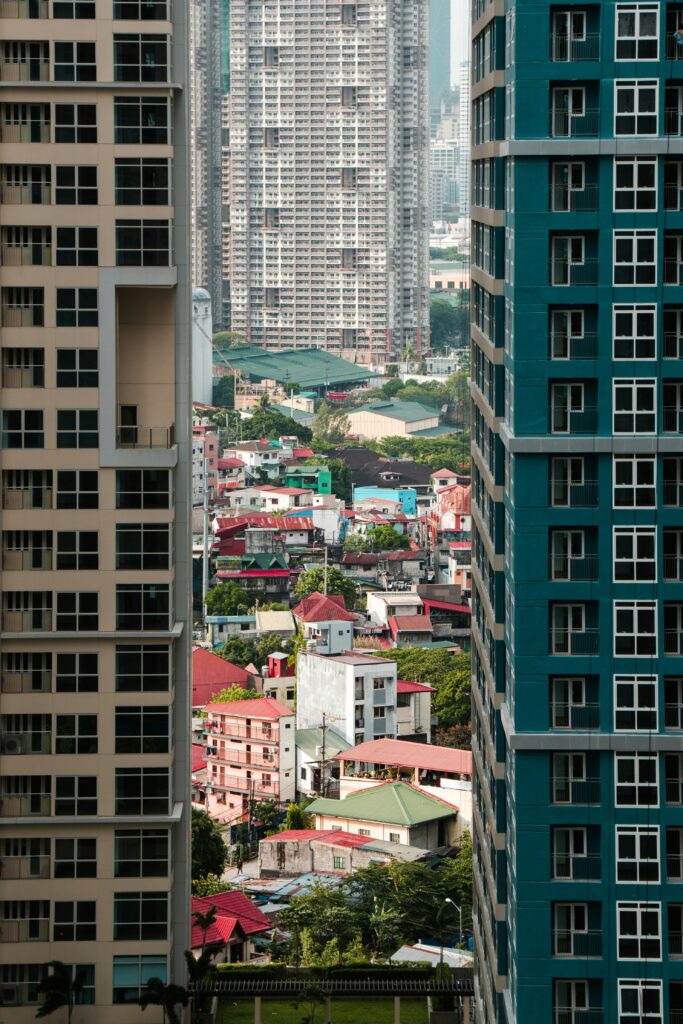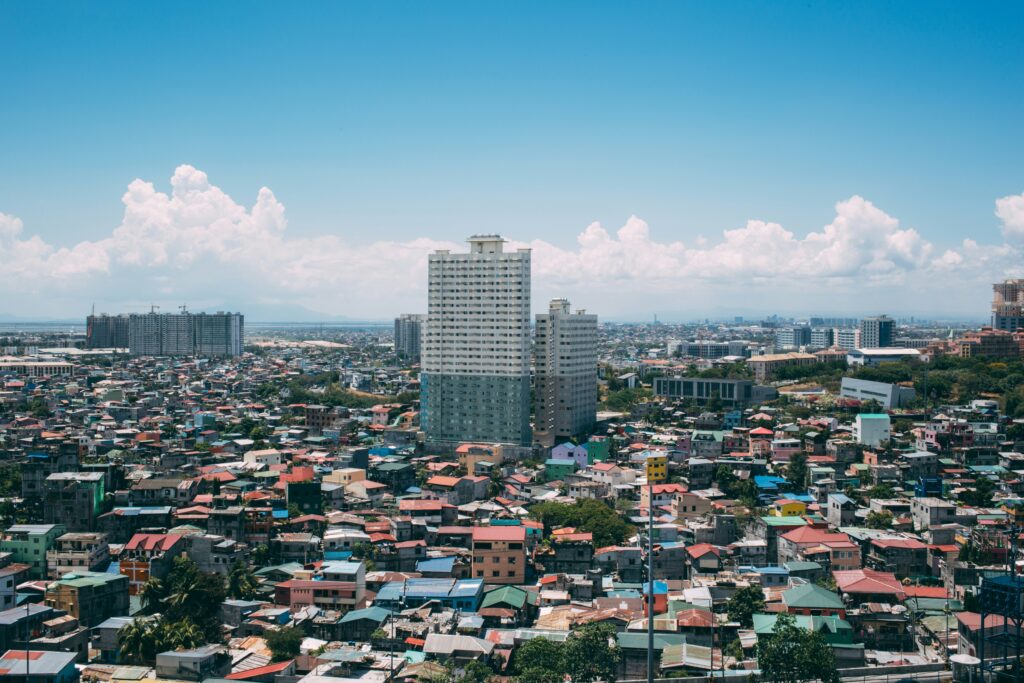Urbanization has been a prevailing trend, with more people residing in urban areas due to the diverse economic opportunities and services available. According to the World Cities Report 2022, cities contribute over 80 percent of the global gross domestic product (GDP).

While this phenomenon has led to economic growth, it has also presented challenges such as homelessness, poverty and unemployment, urban sprawl, environmental risks, inadequate essential services and infrastructure, inefficient transportation systems, spatial segregation and increased vulnerability of people and assets to climate change and natural hazards.
In the Philippines, these are increasingly felt. With a population of over 109 million, the country has been rapidly urbanizing in the past decades, from 45.3 percent in 2010 to 51.2 percent in 2015 and 54 percent in 2020. Metro Manila alone records a population of 13.4 million.

This rapid growth has continuously strained resources and services, leading to economic losses and poor quality of life for Filipinos. The number of informal settler families is estimated at 3.7 million, with half a million living in the slums of Metro Manila. Their poor living conditions are compounded by vulnerabilities and risks from hazards and disasters such as typhoons, floods, earthquakes, and the Covid-19 pandemic.
As the country navigates the complex landscape of urbanization and its challenges, the need for strategic and sustainable land use and urban development has never been more vital. The Department of Human Settlements and Urban Development (DHSUD), as the primary government agency responsible for housing, human settlements and urban development, is mandated to perform the following: Develop and prescribe land use and zoning guidelines for the formulation of Comprehensive Land Use Plans (CLUP) and Zoning Ordinances, review the CLUPs and Provincial Development and Physical Framework Plans, formulate urban development policies and guidelines, and provide technical assistance to the Local Government Units (LGUs) in the formulation or updating of the CLUP, among others.
Let’s PLAN and DO
Since its creation in 2019, the DHSUD has been proactive in developing urban development policies and providing technical assistance. However, efforts need to be further upscaled to address the challenges and harness the opportunities brought by urbanization.
Coinciding with the Department’s anniversary month, the DHSUD, through the Environmental, Land Use and Urban Planning and Development Bureau, will launch the “PLANADO Program” on 20 February in Cebu City.
It is a five-year program (2024-2028) designed to provide a comprehensive and holistic approach to building and strengthening the capacity of LGUs’ capacity to formulate, implement, and monitor their CLUP and other urban development initiatives.
Instrumental in guiding the development of cities and municipalities, the CLUP identifies and evaluates appropriate land use and activities to be allowed in each zone, ensuring the sustainable management and utilization of land and natural resources, preservation of environmental integrity, attainment of food security and self-sufficiency, equitable access of people to essential services and livelihood sources, and climate change and disaster-resilient communities.
Moreover, the PLANADO Program aims to streamline land use and urban planning processes for efficient coordination among national government agencies, LGUs, and other stakeholders. Over the long term, the Program envisions the transformation of urban and rural spaces into inclusive, thriving, resilient, and sustainable communities.
The DHSUD will engage diverse expertise and resources to ensure the effective implementation of the Program. Among its partners are national government agencies such as the National Economic Development Authority, Department of Interior and Local Government, Department of Science and Technology, Department of Agrarian Reform, Department of Agriculture, and Department of Environment and Natural Resources; various associations such as League of Cities of the Philippines, Philippine Institute of Environmental Planners, and Union of Local Authorities of the Philippines; development partners such as UN-Habitat, United Nations Development Program, World Bank, and GIZ; and the academe.
